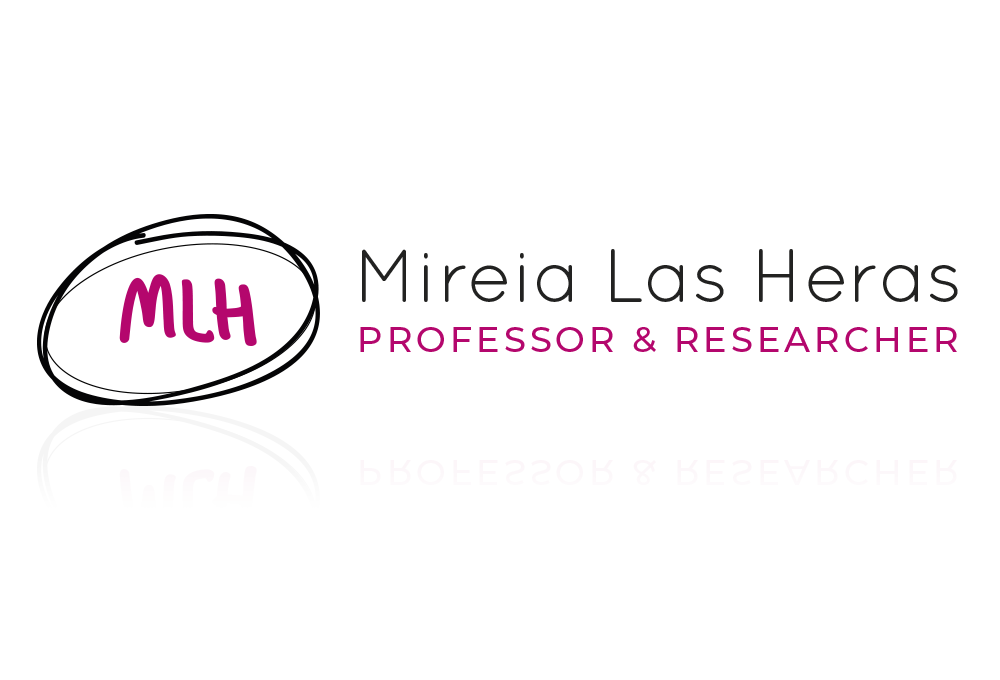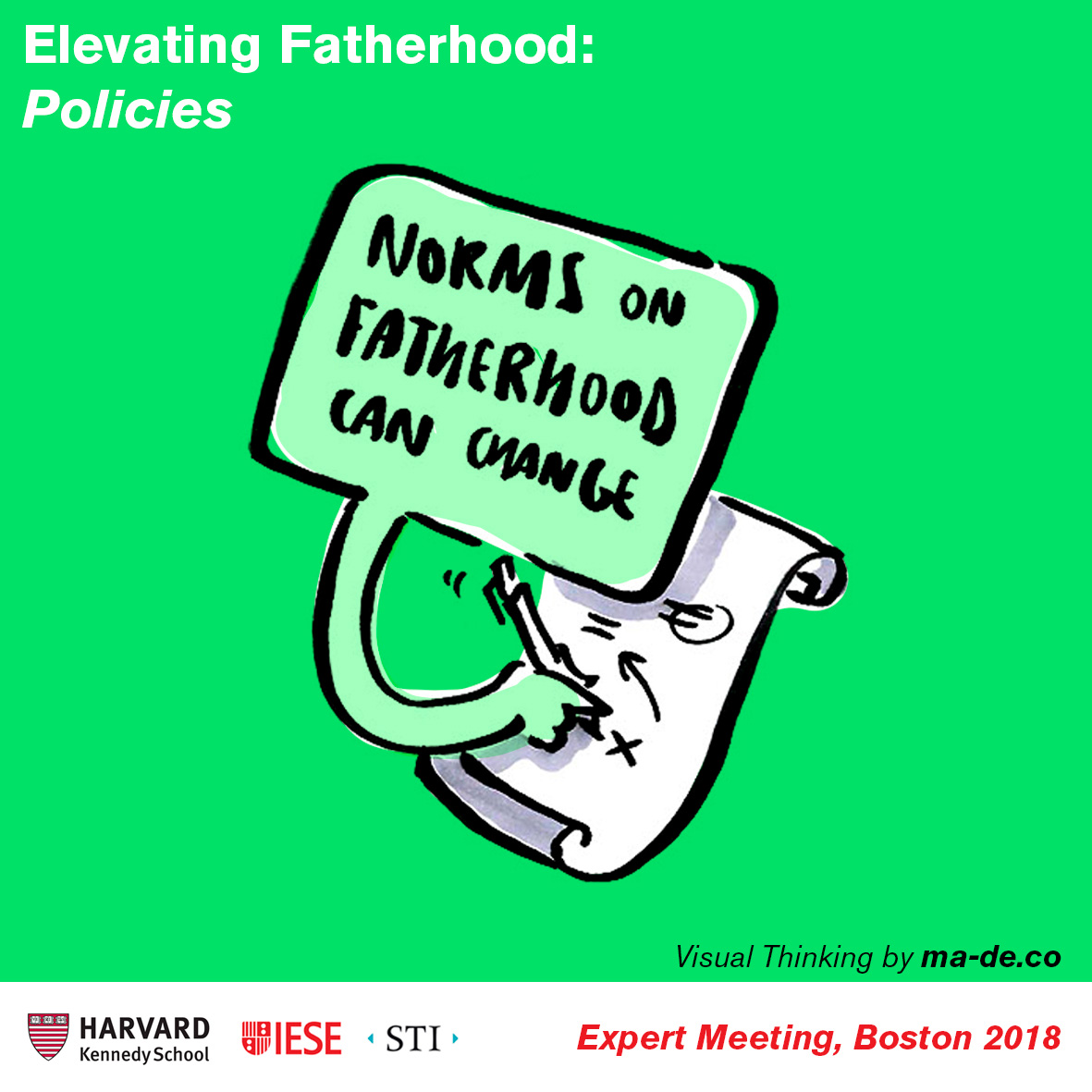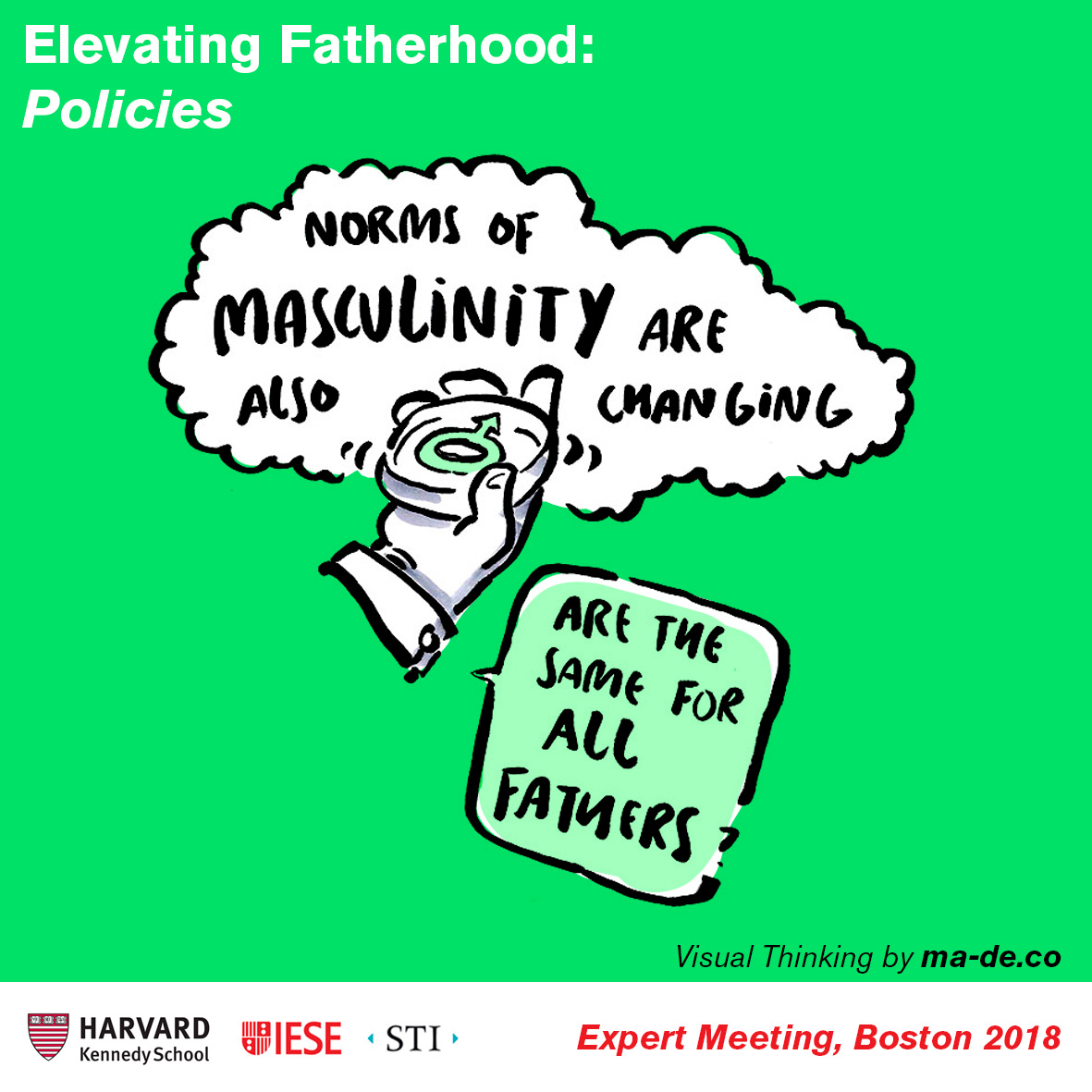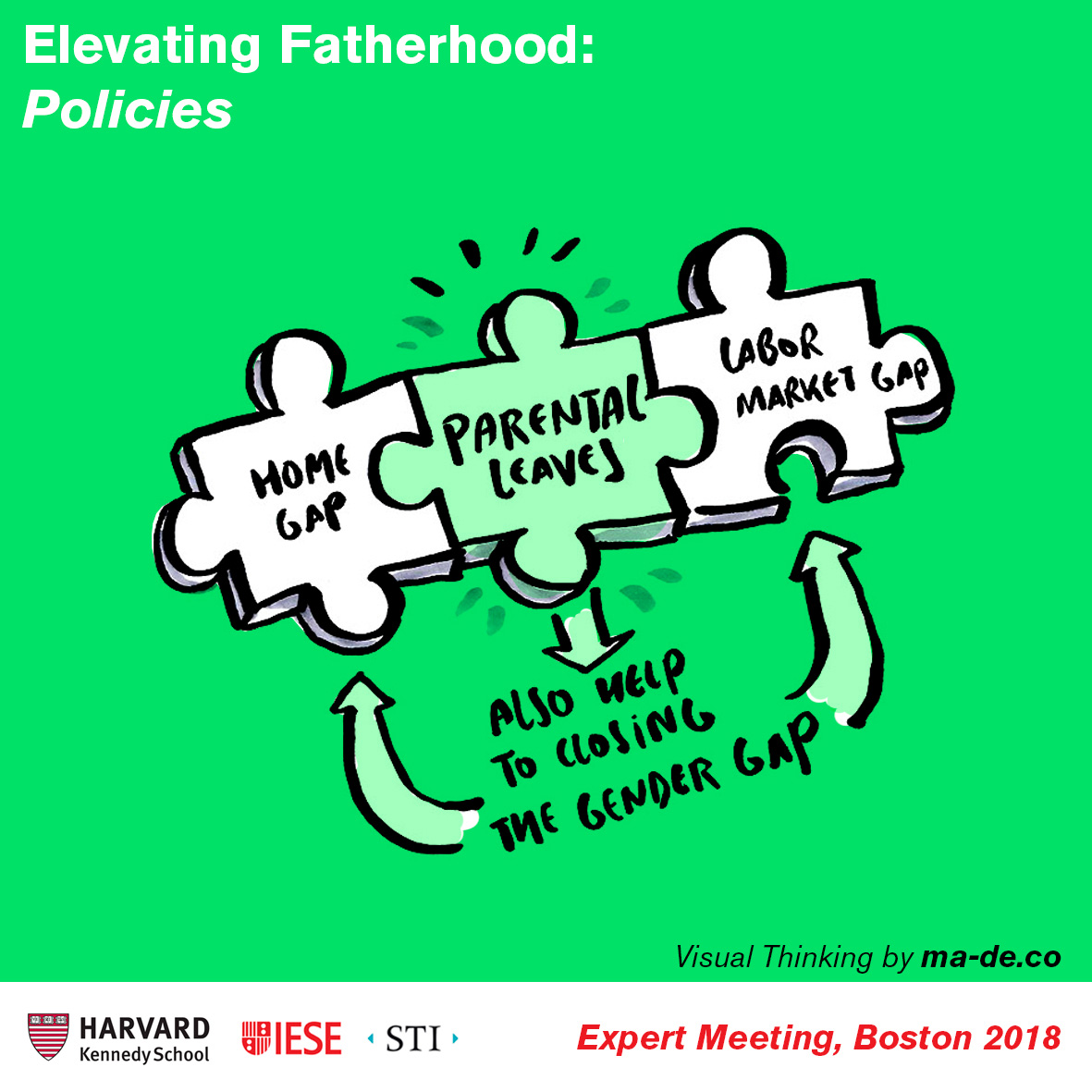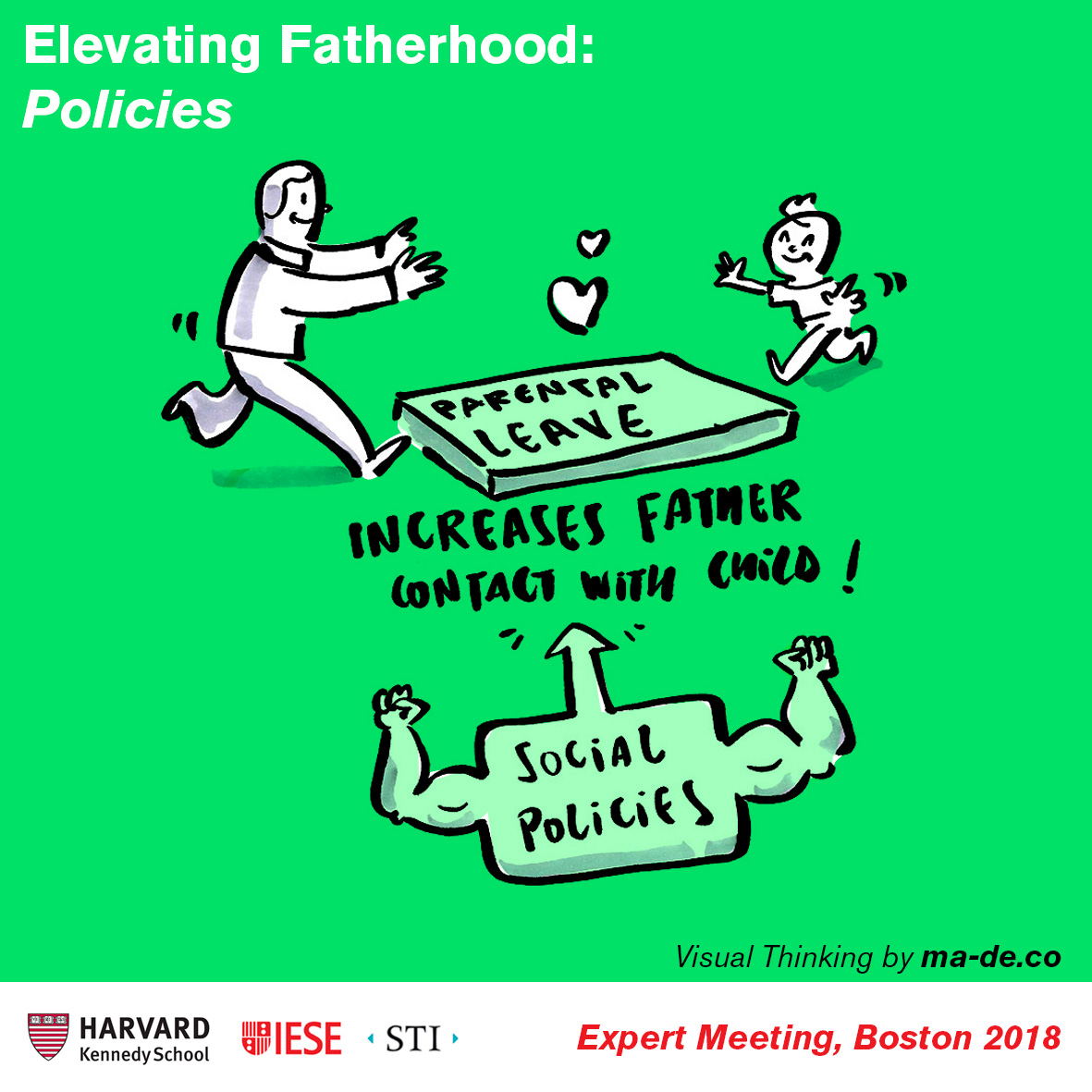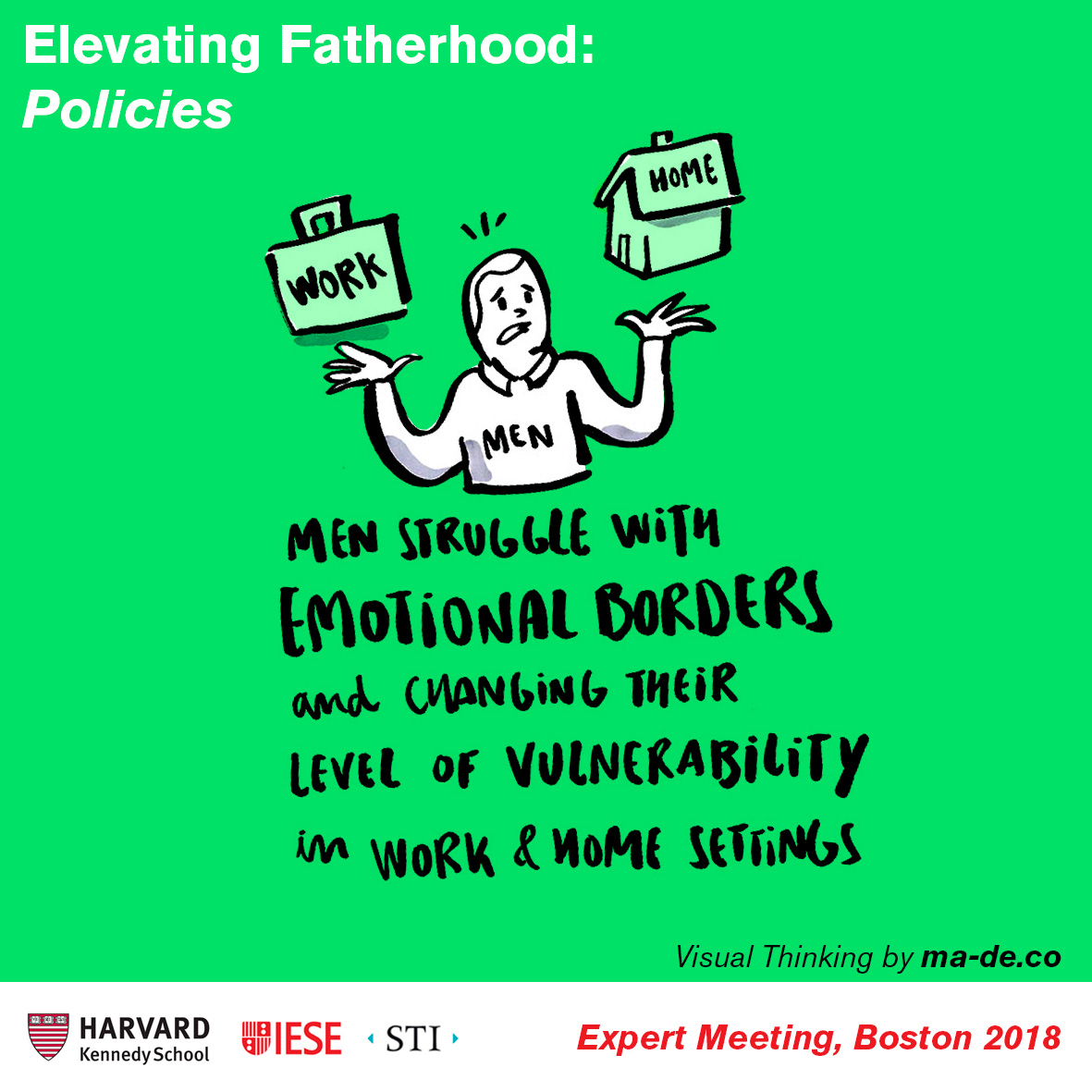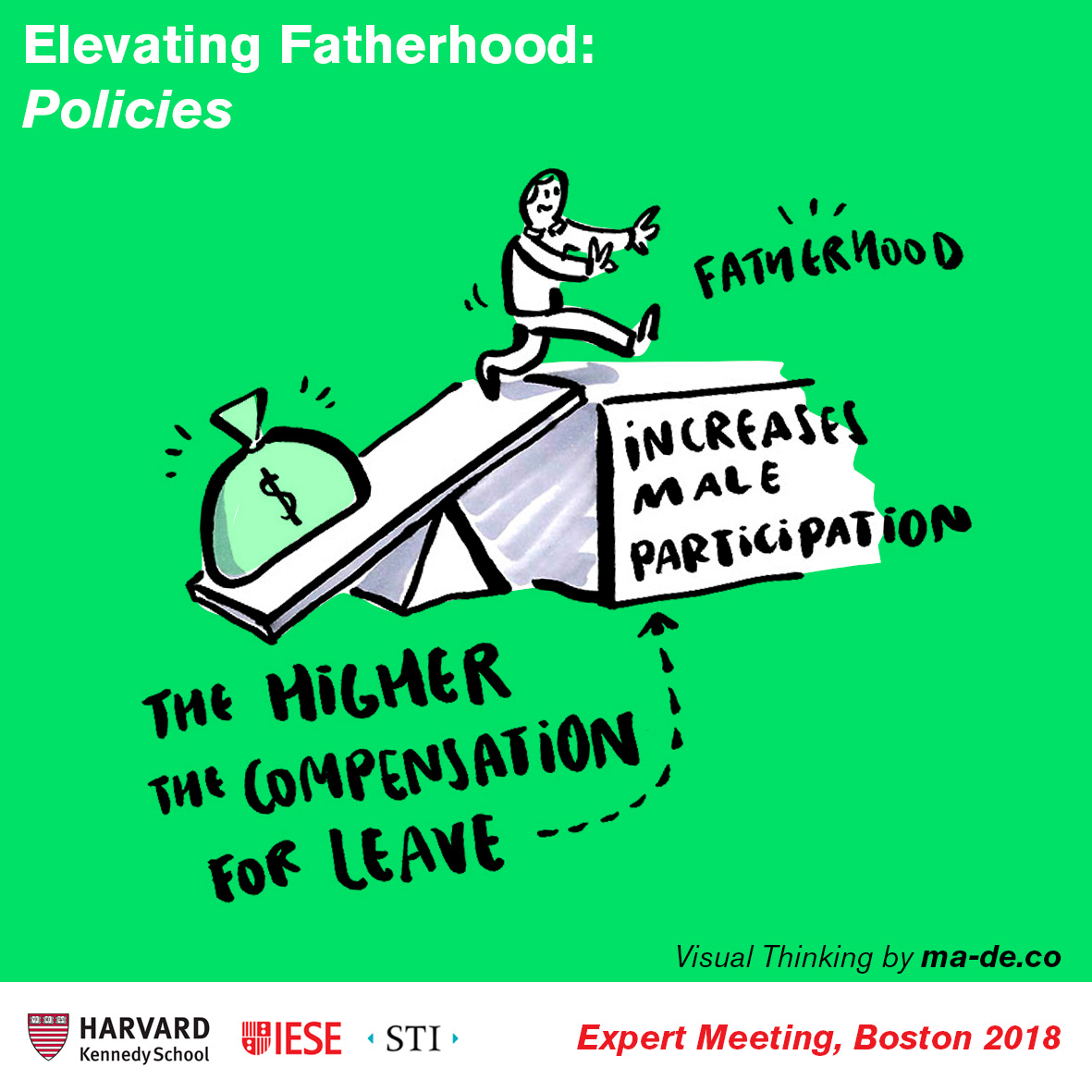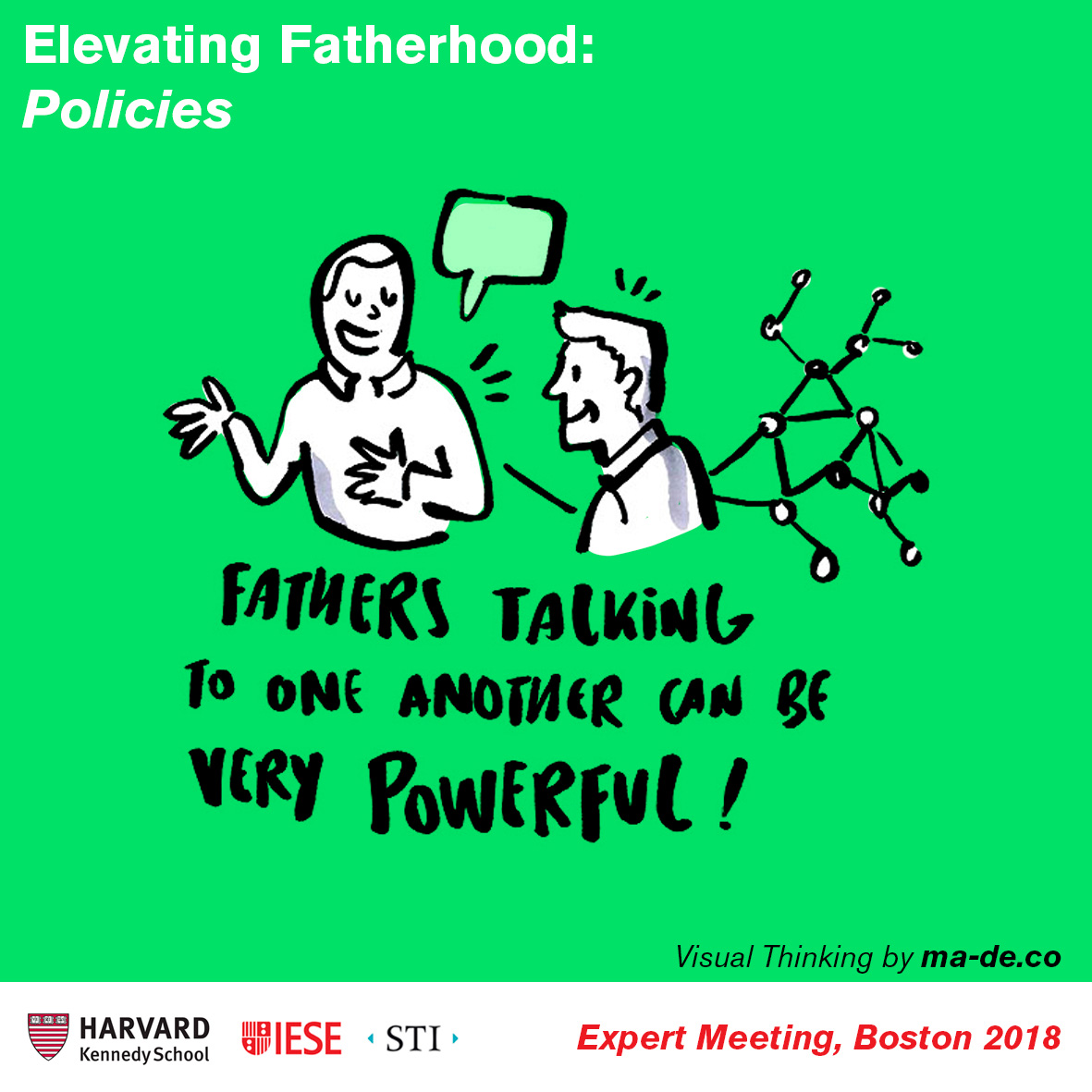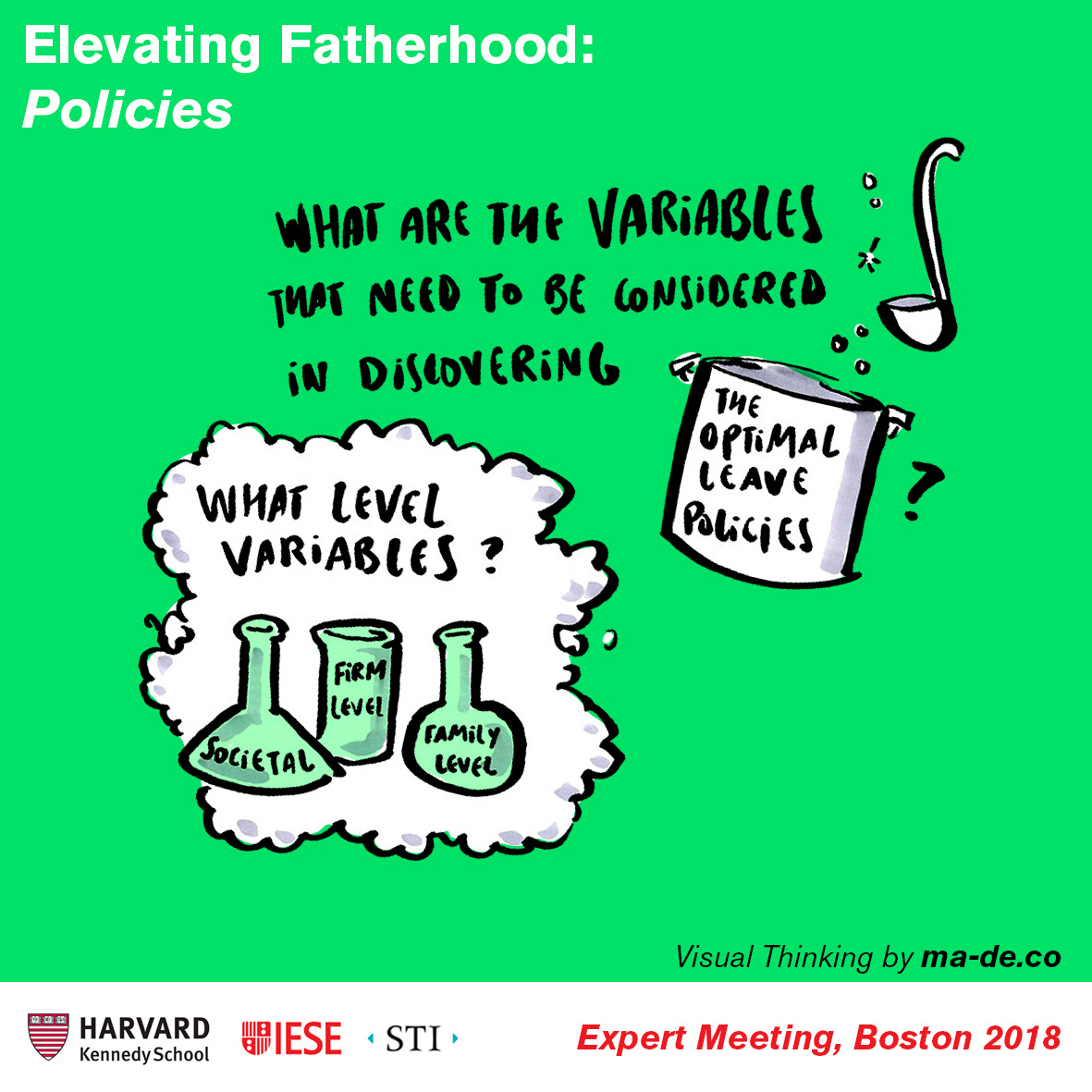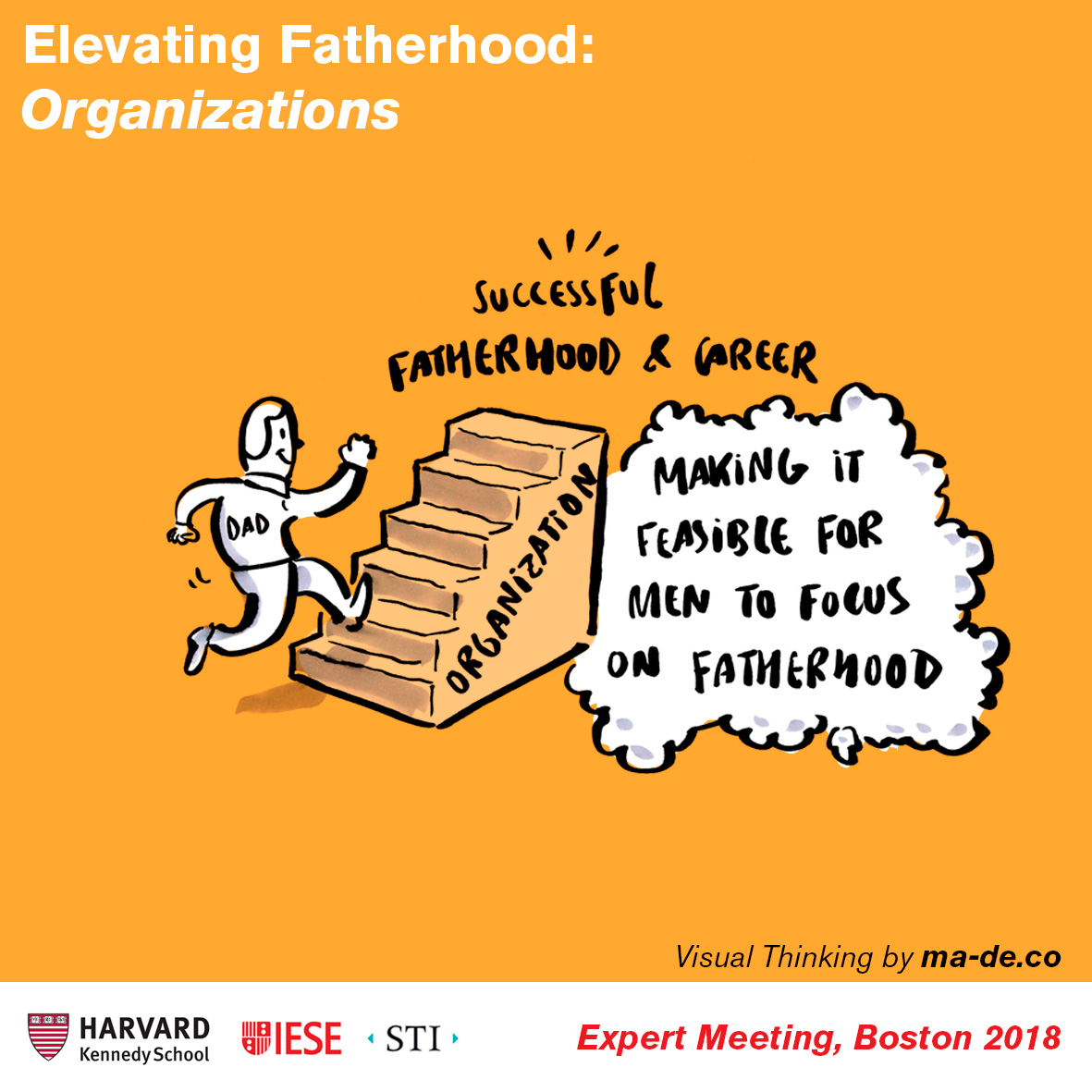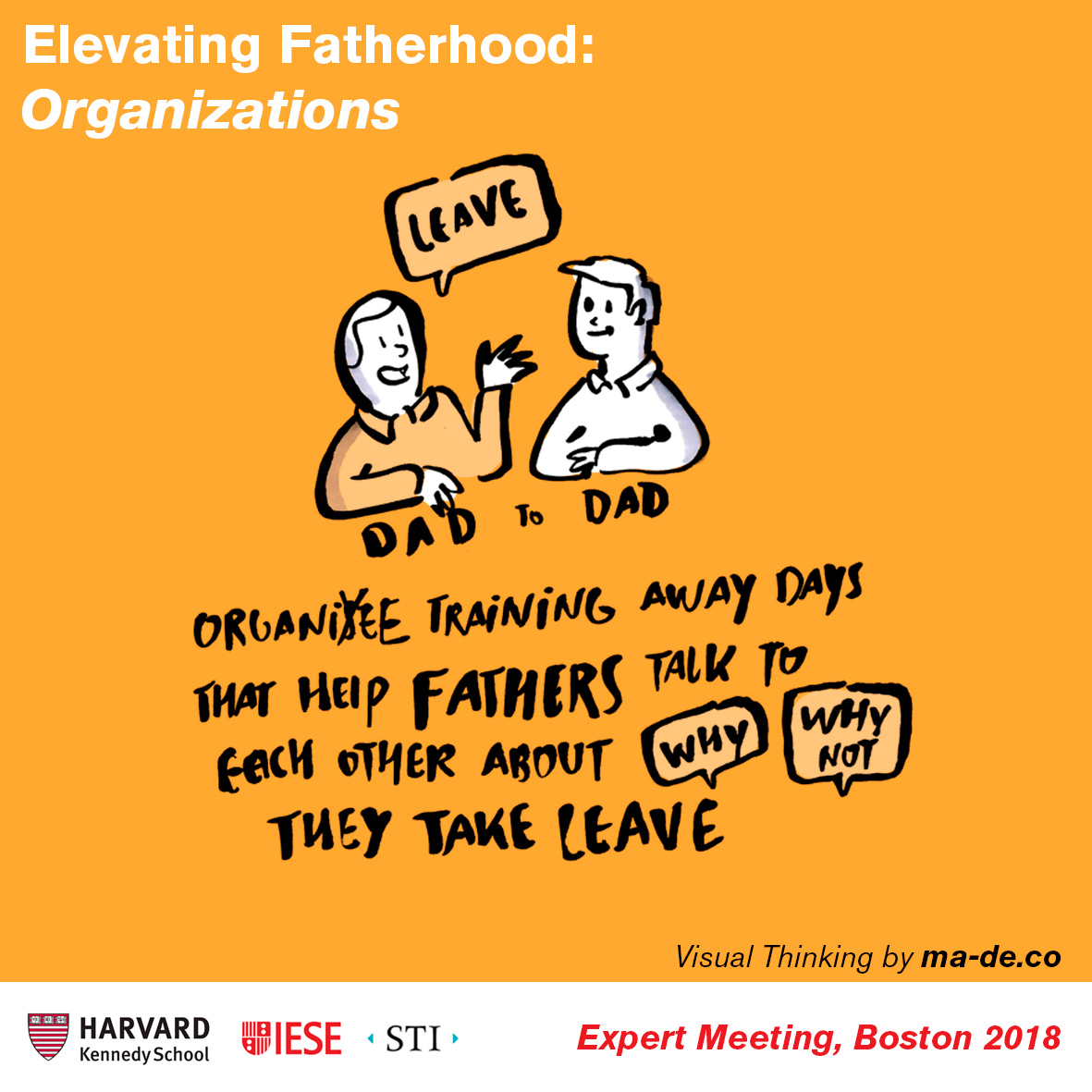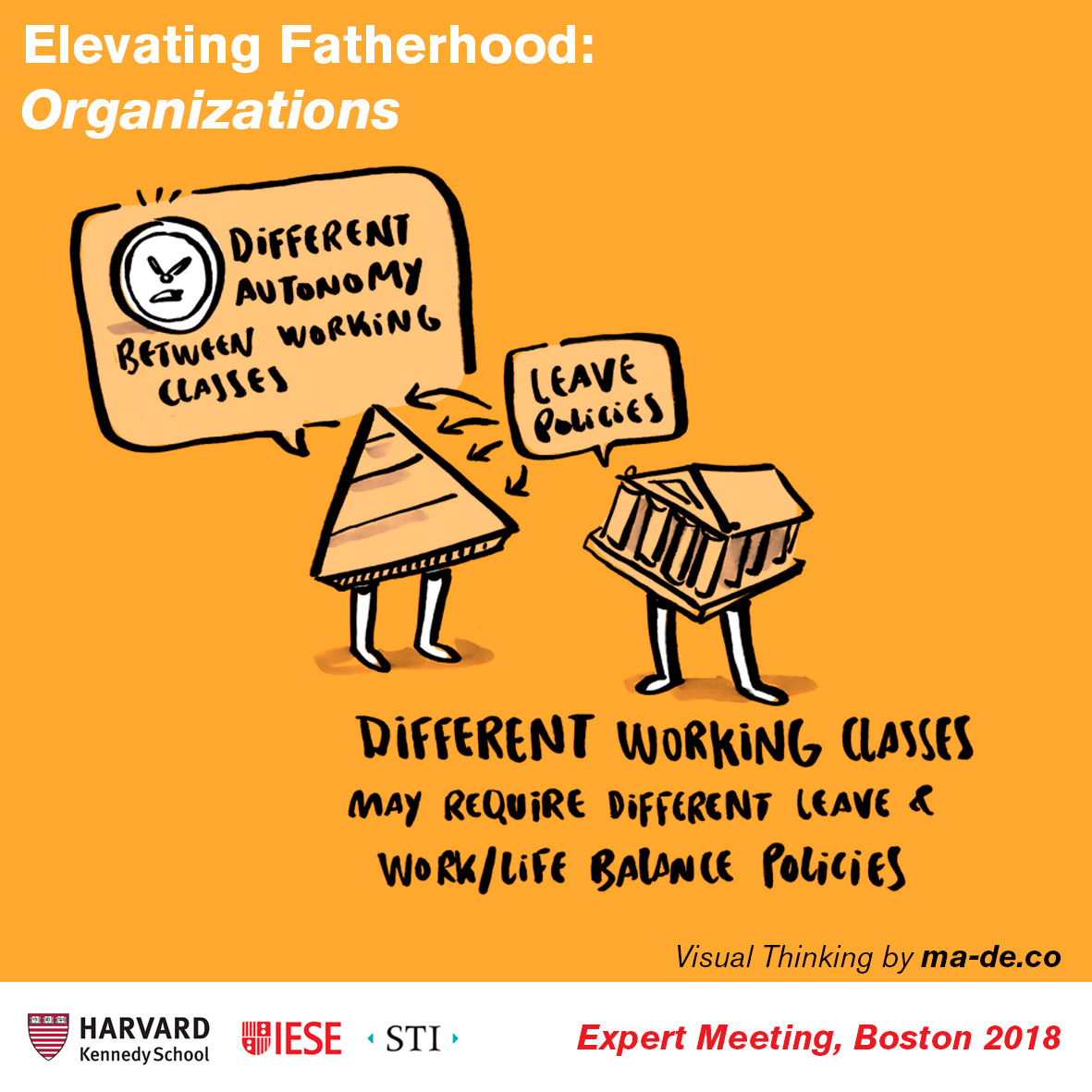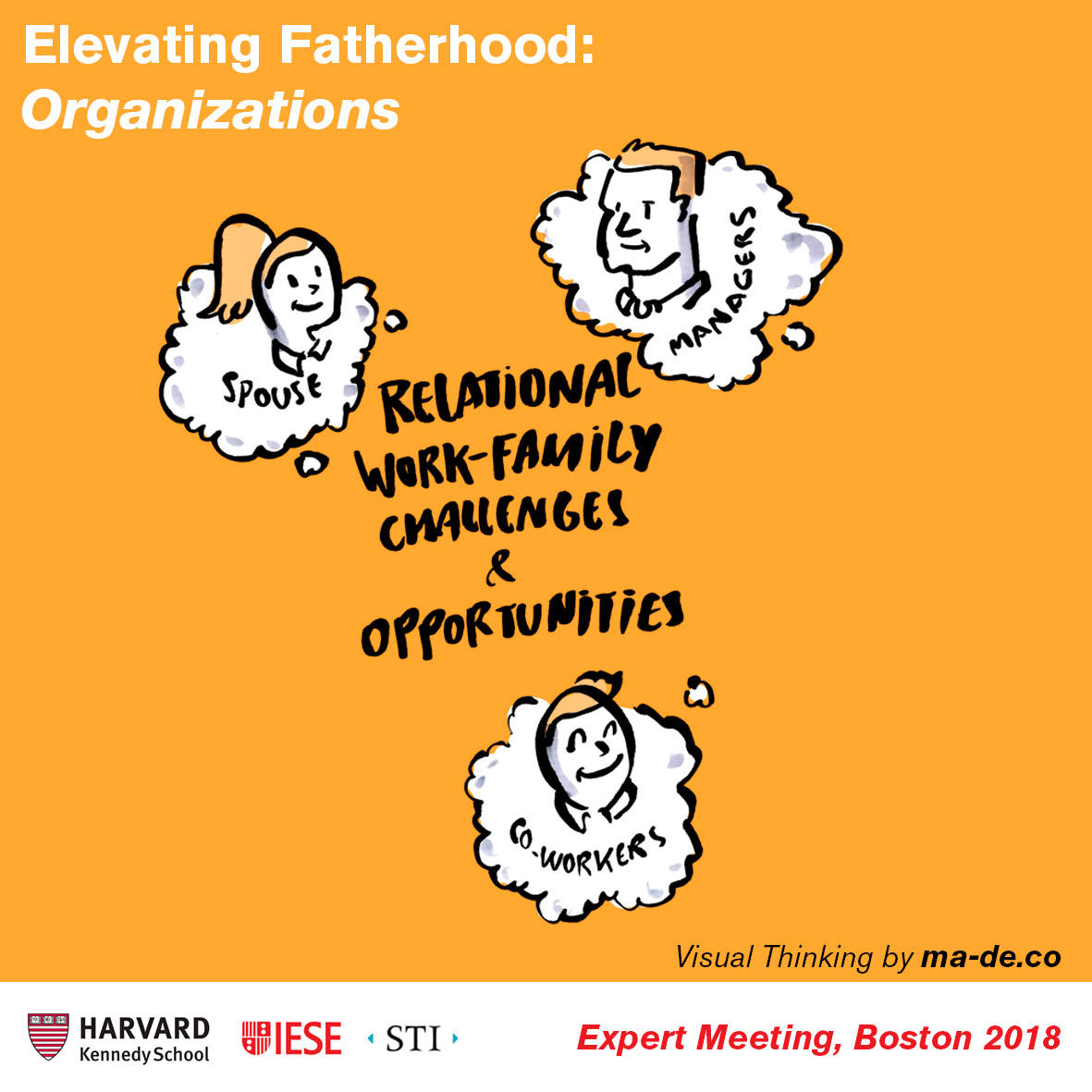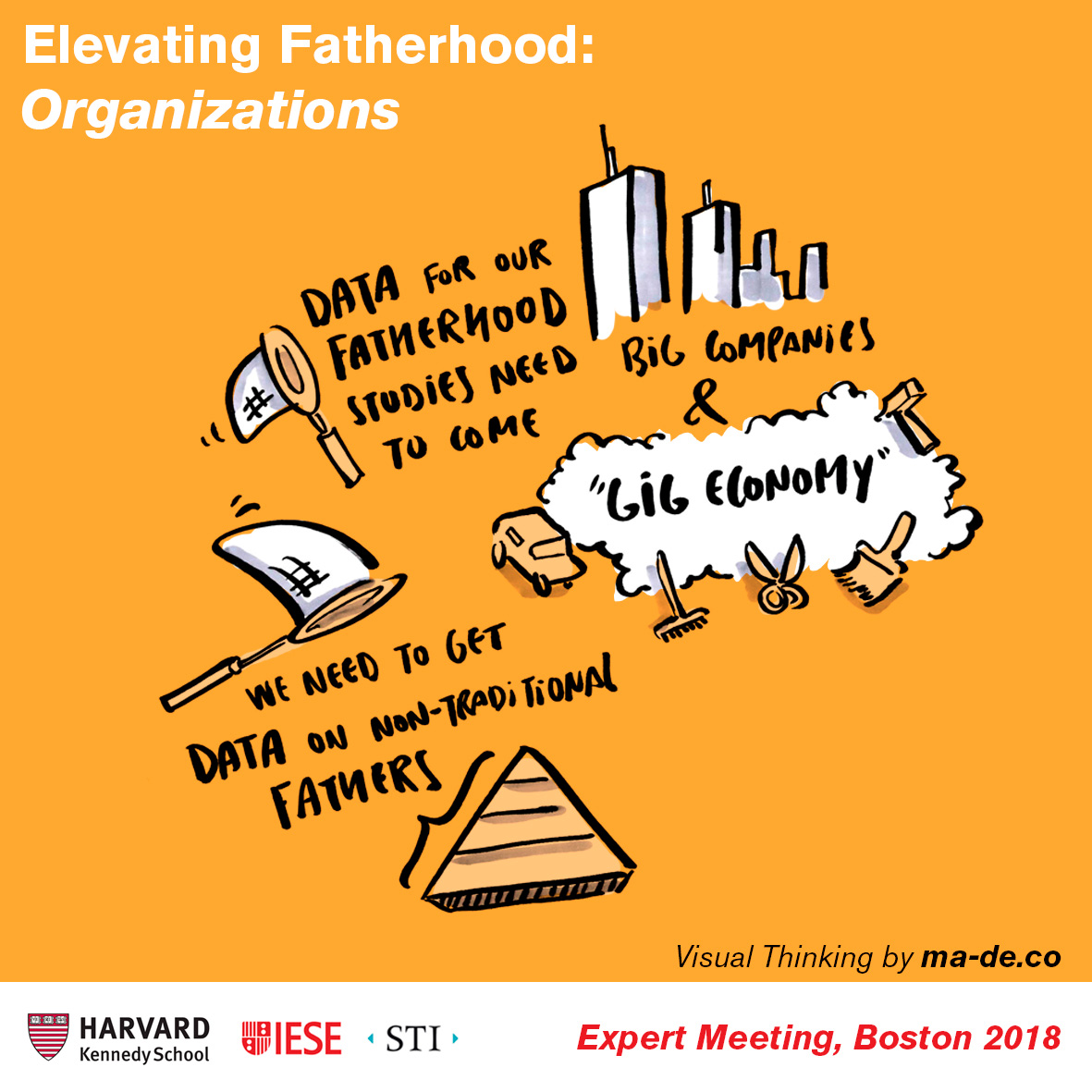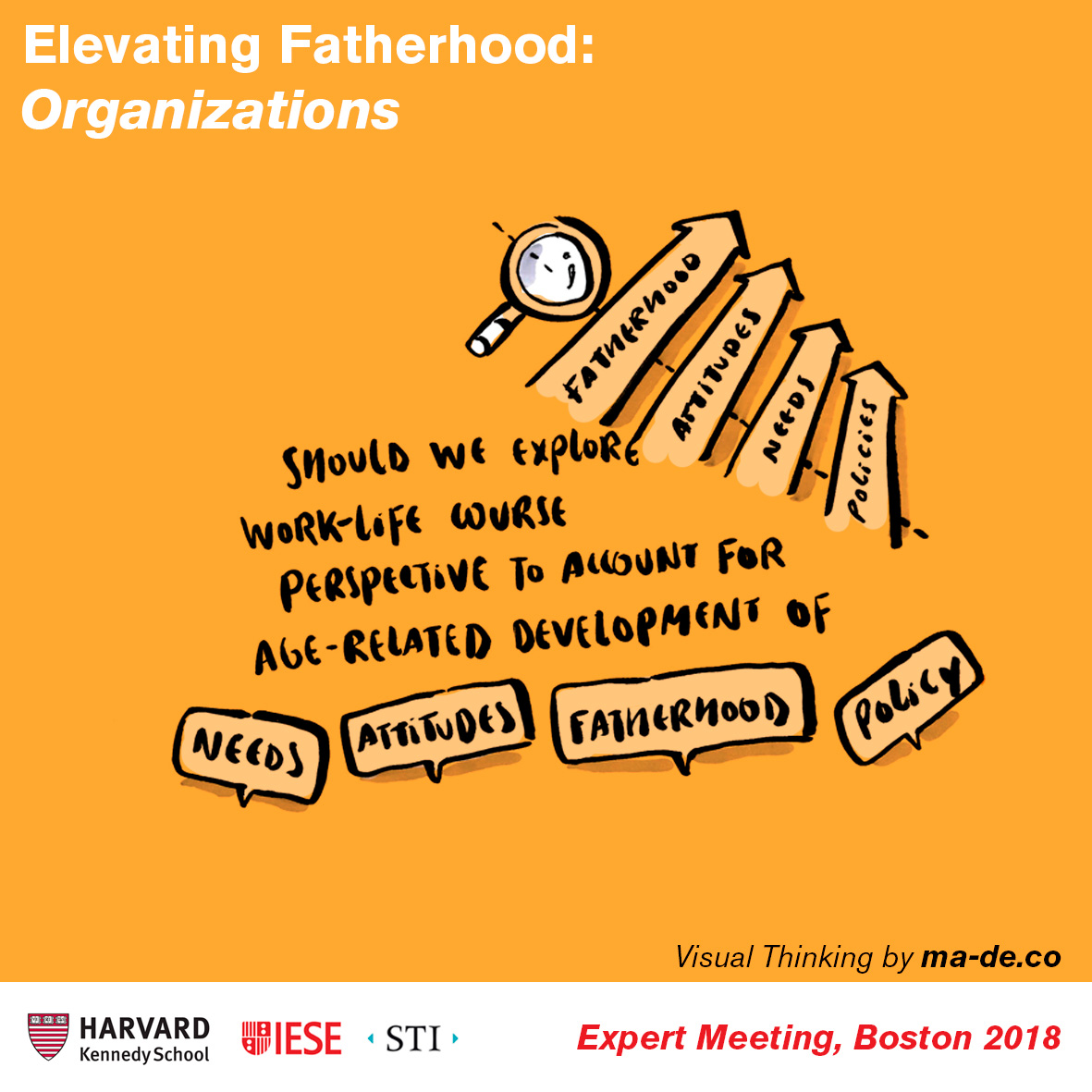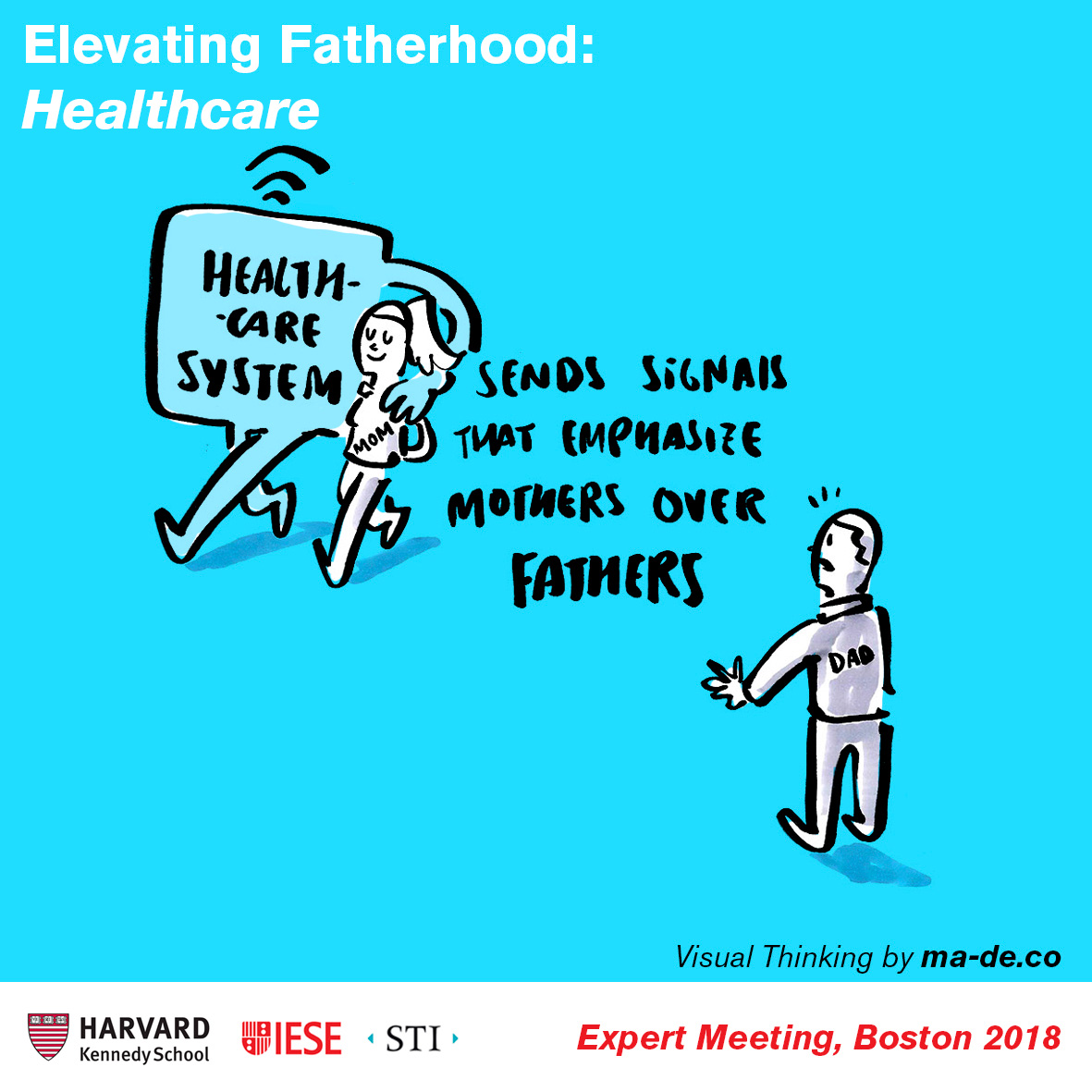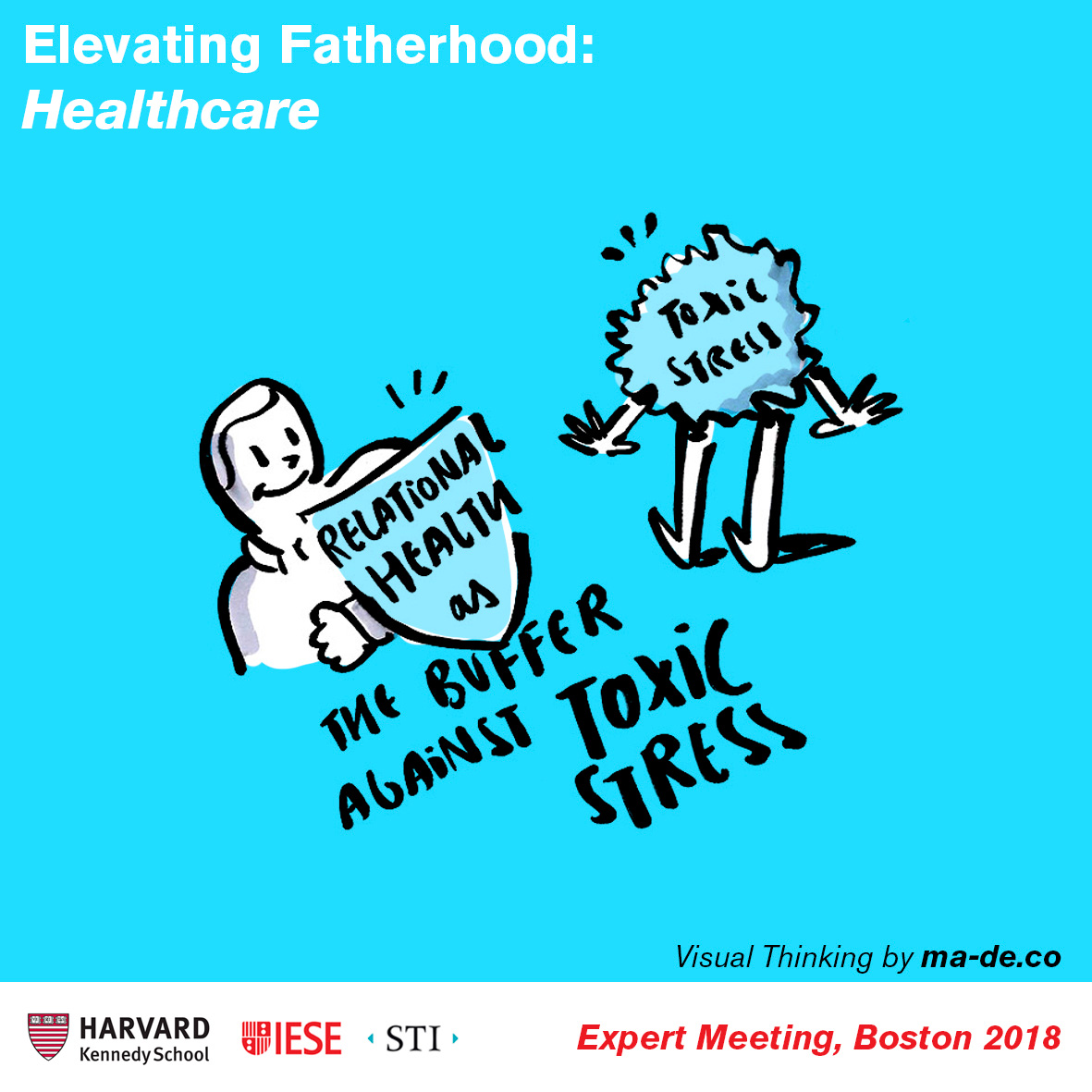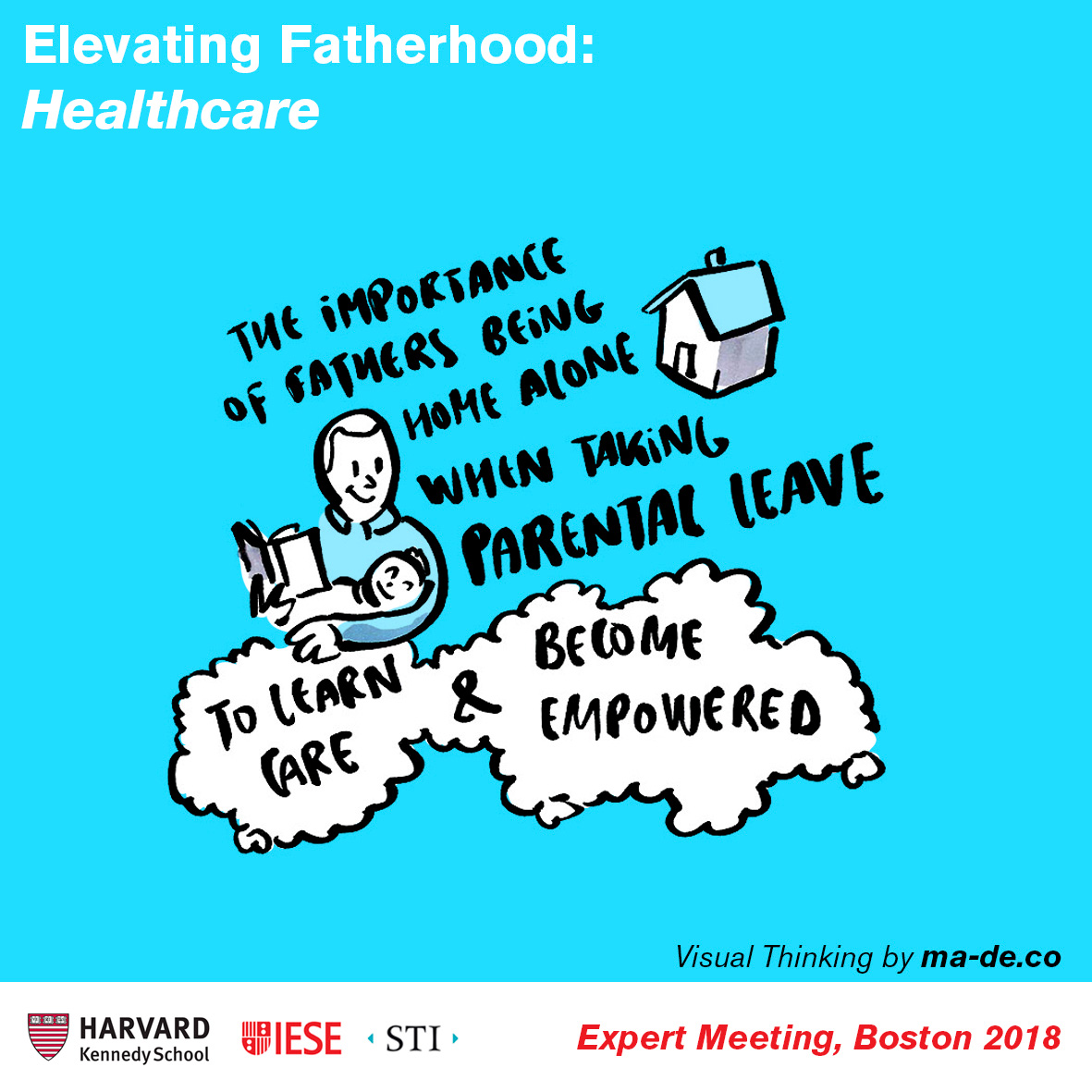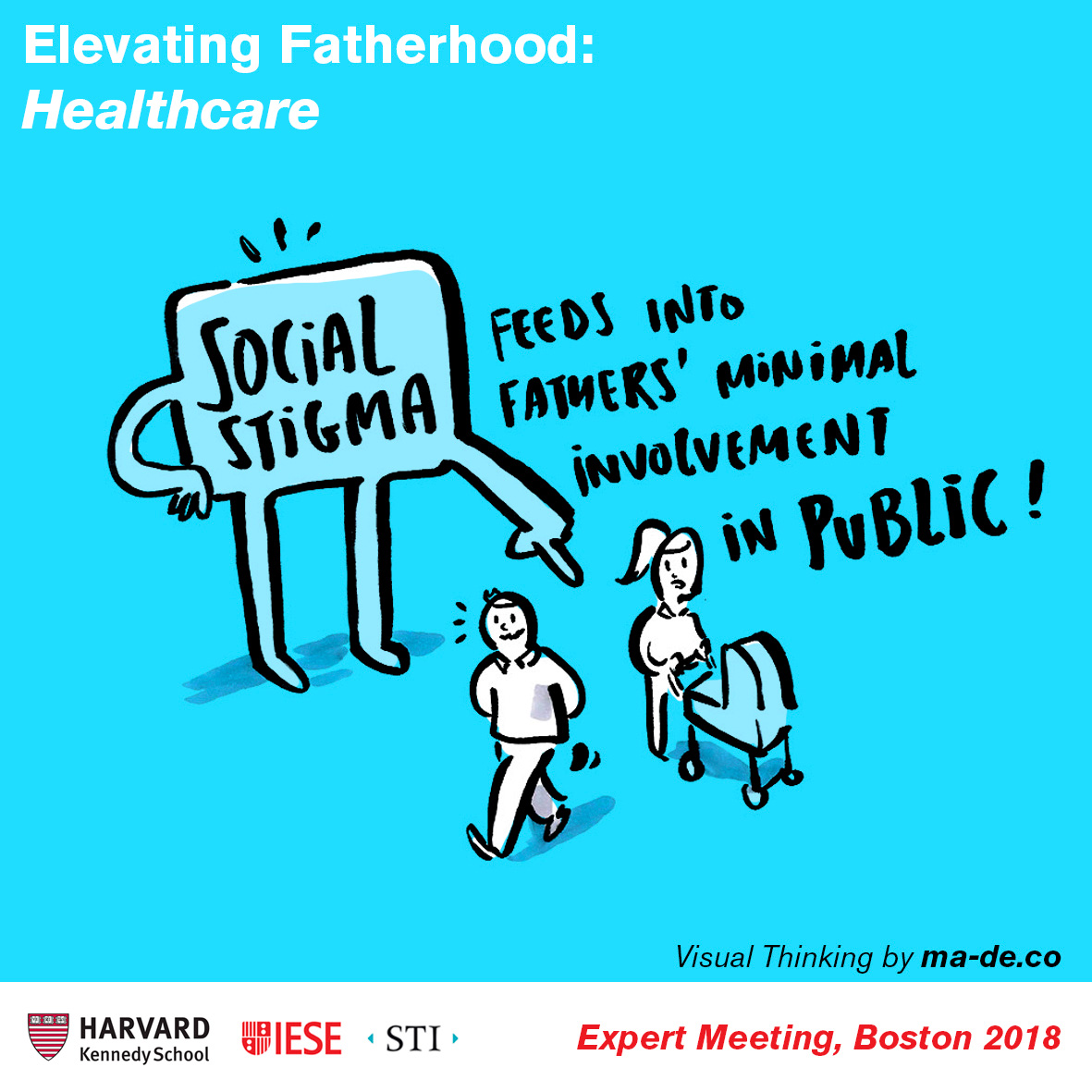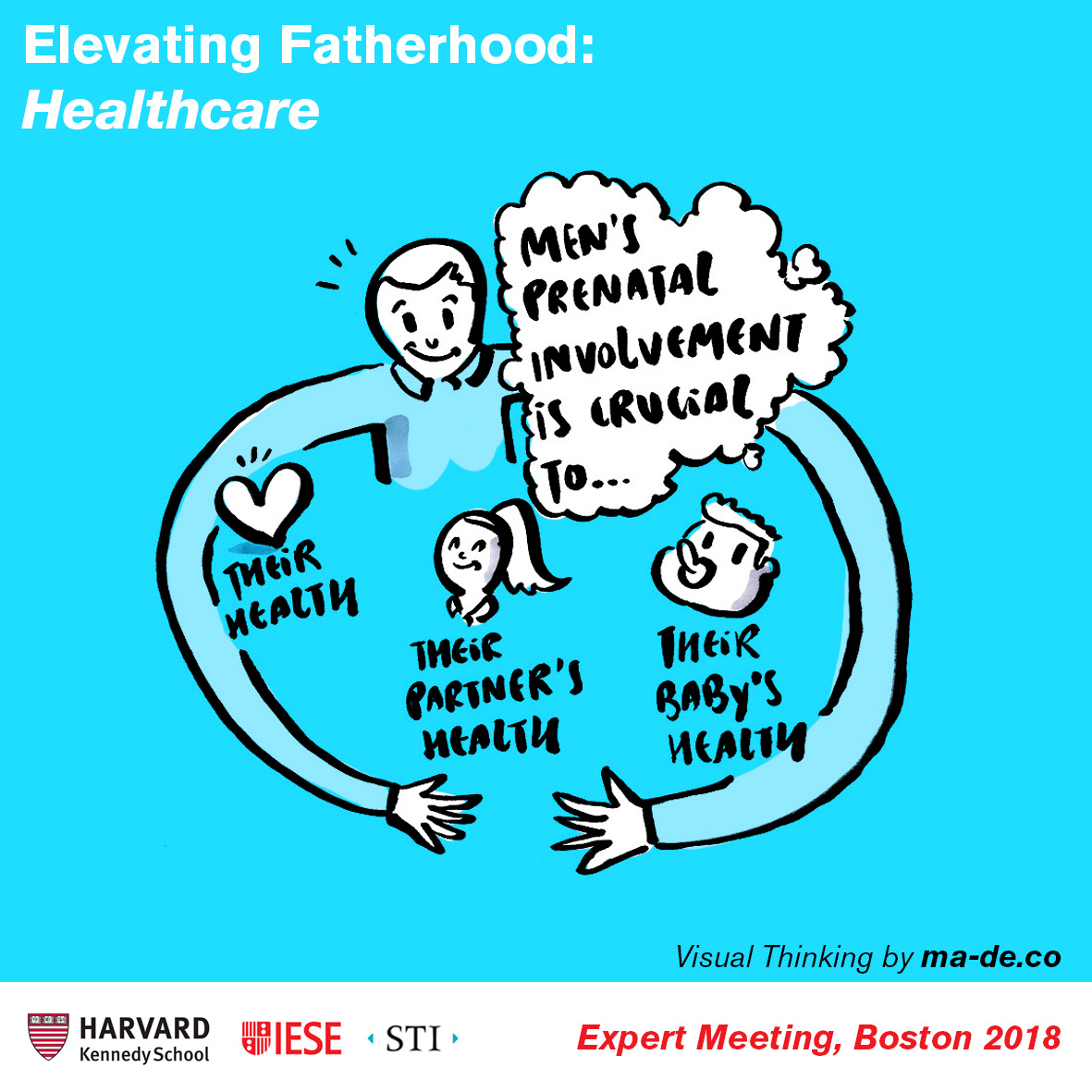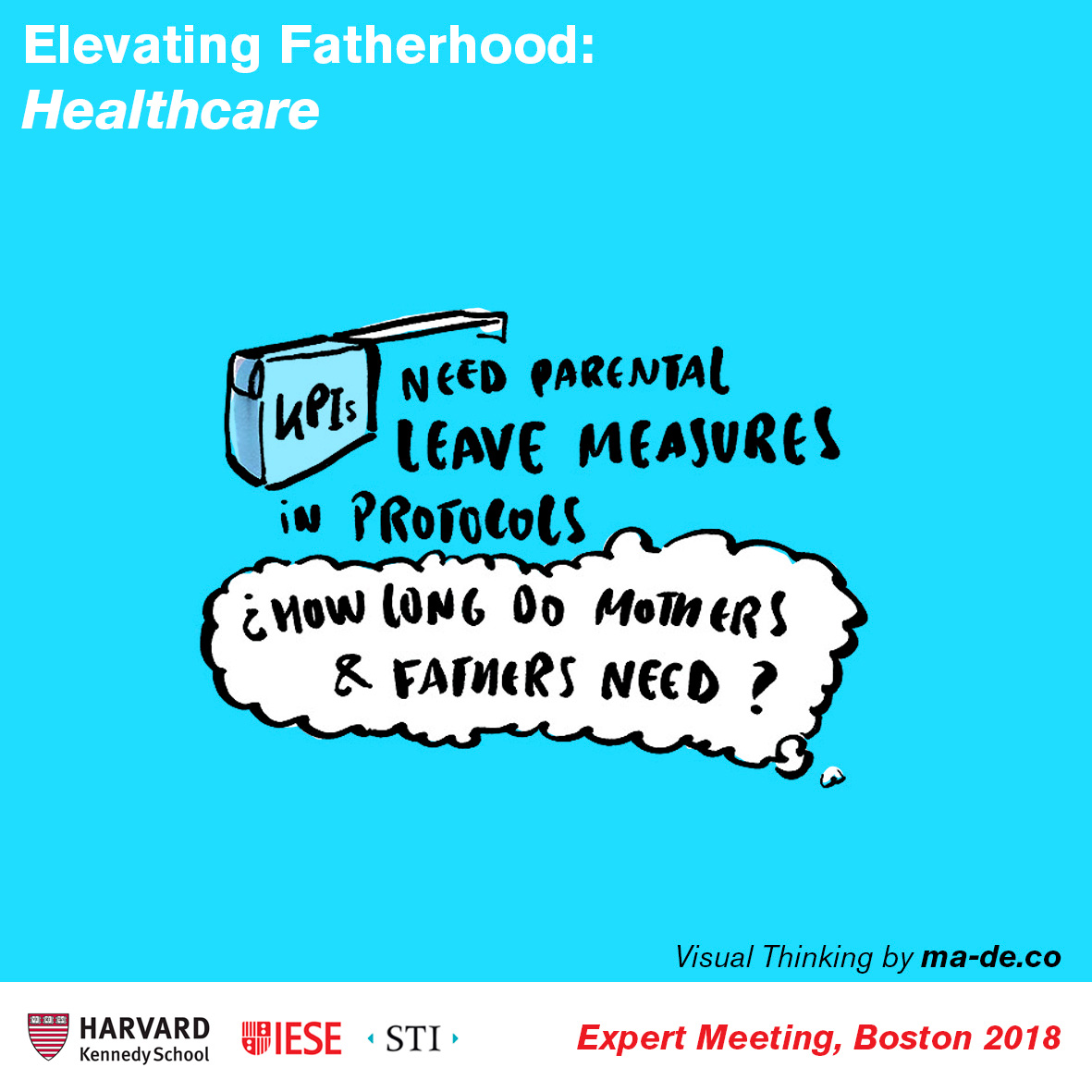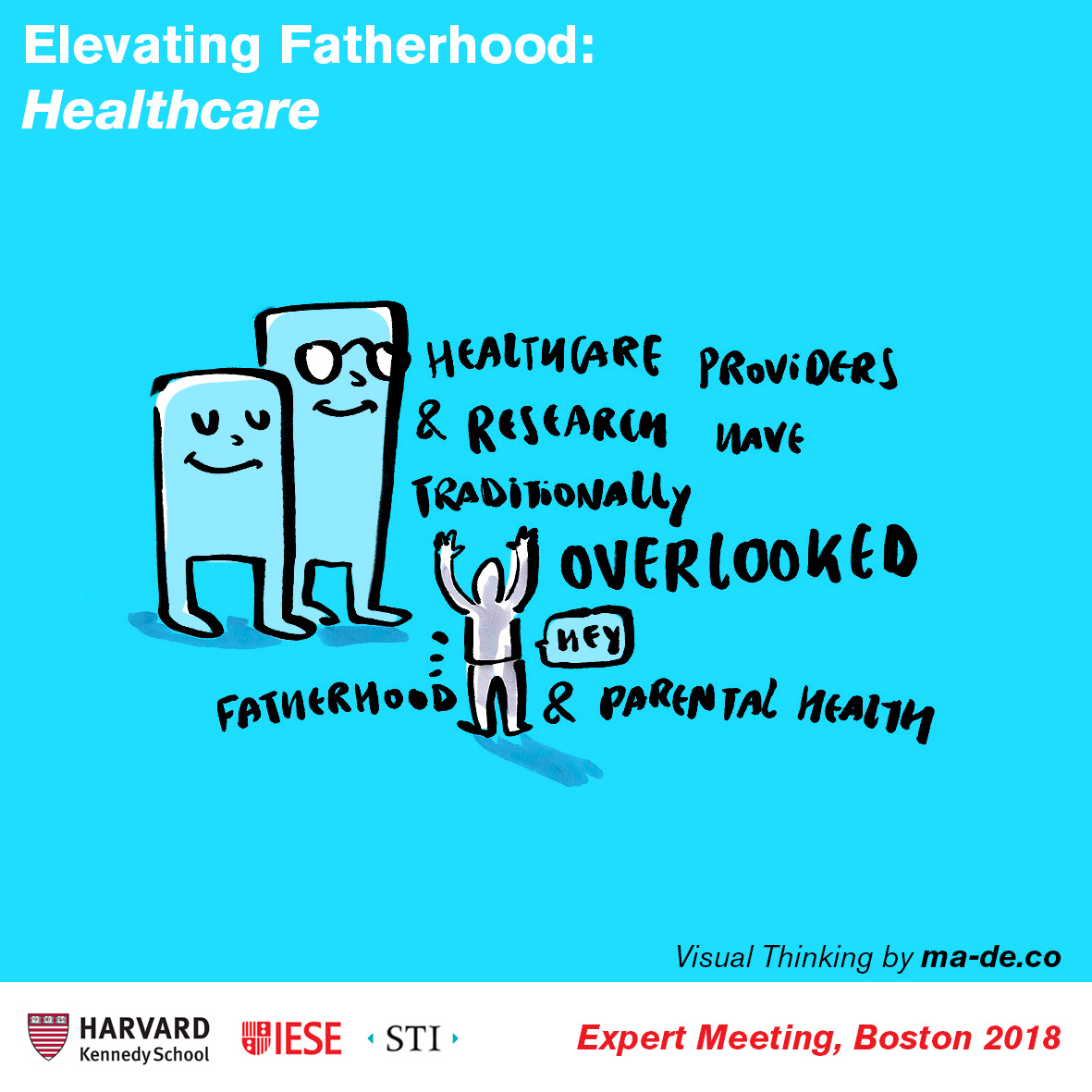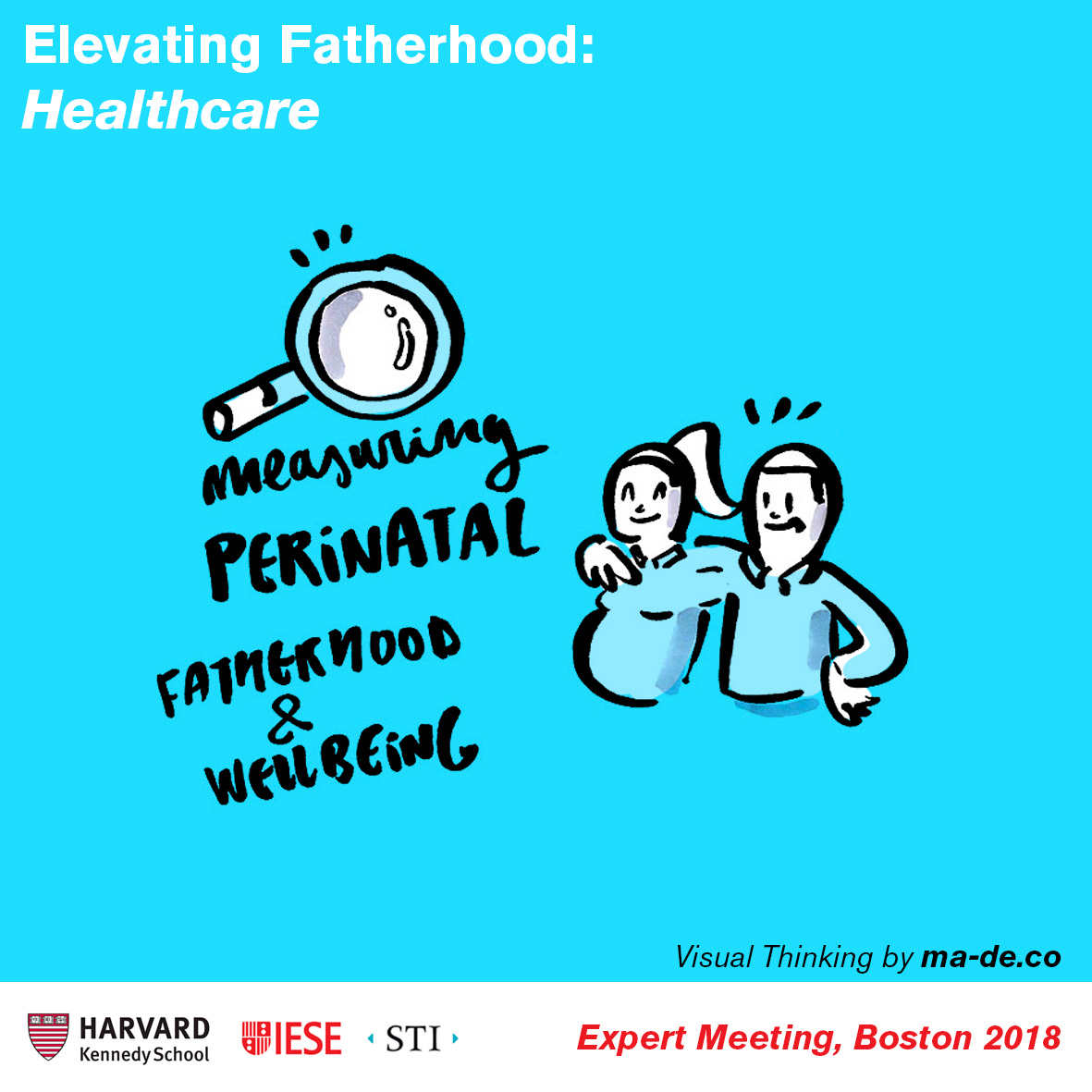Academic Conferences I Organize
Expert Meeting Groups
Fortunate to contributing to a greater good by leading knowledge-generating meetings with prestigious researchers in various fields.
HRF and ICWF Joint Expert Meeting
July 8th and 9th 2024. Barcelona.
Led by Prof. Mireia Las Heras, Prof. Yasin Rofcanin and Prof. Marc Grau, ten experts from six countries and different research areas were invited to contribute to:
- Draw together evidence of how, within the home, personal and social virtues are fostered to build positive relationships.
- Examine how these attitudes and relational skills contribute beneficially to the culture of workplace settings and business expectations.
- Design practical instruments and interventions to nurture and enable the maximum mutual benefits of positive relational development at work and home.
Human Flourishing: Neuroscience and Health, Organizations and Arts
Online | January 14-15, 2021
Flourishing has been variously defined as “a combination of feeling good and functioning effectively, and the experience that life is going well,” or “living within an optimal range of human functioning, one that connotes goodness, generativity, growth, and resilience,” among others. How can humans achieve this “flourishing?”.
The study of the good life, or Eudaimonia, has been a central concern at least since Aristotelian times. This responds to the common human experience of seeking happiness. Today, we are immersed in a new paradoxical boom, in which the pursuit of happiness seems to permeate the atmosphere, while remaining difficult to achieve. Indeed, it is even difficult to achieve a consensus regarding the meaning of the very word ‘happiness.’ Seligman, one of the fathers of positive psychology, confirmed that his original view was close to Aristotle’s, yet he now considers its overuse to have rendered it essentially meaningless.
Eudaimonia is commonly translated as happiness or welfare. "Human flourishing or prosperity" as well as "blessedness" might actually be more accurate translations. ‘Flourishing’ could be a (new) term to refer to the good life, or Eudaimonia in its full context. Seligman considered that human flourishing rests on five pillars, denoted by the handy mnemonic PERMA: Positive Emotion, Engagement, Relationships, Meaning, and Accomplishment. However they define it, most thinkers seem to agree that human flourishing goes beyond states and outcomes, and certainly includes mental and physical health, while also encompassing happiness and life satisfaction, meaning and purpose, character and virtue, and close social relationships. The term flourishing is now used in family studies, in ethics, and in many other disciplines.
In order to discuss the concept of human flourishing comprehensively, STI gathered an interdisciplinary group of scholars in which participants could offer perspectives that draw on their respective fields of study and interest regarding human flourishing. The virtual Experts Meeting was organized around sessions dedicated to the following themes: Neurosciences and Health; Organizations and Policies; and The Arts, History, and Literature. The gathering should yield an interdisciplinary report based on the main conclusions from the discussion, opening up a new agenda for fostering human flourishing. The report should include a short manifesto with recommendations for researchers, practitioners and individuals. The presentations will later be gathered to form the chapters of an academic book, drawing on contributions from the presenters and other invited scholars.
Professor Mireia las Heras Maestro, Research Director of the International Center for Work and Family at IESE Business School, together with Professor Yasin Rofcanin, Professor at Bath Business School, served as Academic Directors.
Elevating Fatherhood: Policies, Organizations and Health and Wellbeing
Harvard Kennedy School, Cambridge, MA | June 25-26, 2018
A solid body of research has systematically demonstrated that fatherhood involvement has a positive impact not only on children’s health, gender equality, and partners’ satisfaction, but also on fathers themselves and their workplaces. Due to fathers playing a crucial role in child development, we have witnessed a flourishing interest in fathering, fatherhood and fathers in the media, politics and academia.
This meeting took a multidisciplinary approach to understanding the conditions that allow fathers to be as involved as they want to be, and thereby transmit differential advantages to their children.
Despite these relatively new attitudes and behaviors among men towards care and children, together with promising social policies to encourage fathers to be actively involved at home, the revolution is stalling. However, in all countries without exception, mothers continue to devote more time to their children than fathers. Many fathers, despite devoting more time to their children compared to previous generations, continue not to be available at short notice or not to be involved in the care of sick children, thereby not allowing their partners to fully develop themselves in other domains. It is also true that some empirical research draws a type of father who is truly egalitarian, completed involved and with a strong motivation to share parental leave even if this causes financial losses; however they are still purely symbolic.
There are barriers ofr men to be involved fathers. Organizational reasons are the most important factor in explaining the low levels of fatherhood involvement. Even though increasing numbers of organizations are offering flexible work arrangement, there is a clear “underutilization” of flexible policies due to “flexibility stigmas” associated with utilizing/accessing such arrangements. Although the literature has extensively demonstrated that fathers benefit from a “fatherhood premium”, and mothers suffer from a “motherhood penalty”, recent studies suggest that involved fathers may also experience more of a penalty than a premium.
Another domain where there is also an “underutilization” of policies offered to men is in social policy. In the seventies, Nordic countries started to develop policies in order to foster the active involvement of men at home. It is in these countries that we can find a fertile body of research analyzing the use and impact of such policies.
A father’s social class and fatherhood involvement also have a direct impact on their children’s health. For example, infants with a parent working non-standard hours are more likely to have behavioral problems during the first two years of life than infants with parents who work regular shifts. Fatherhood involvement, which is a clear predictor of maternal behavior during the prenatal period, despite remaining understudied, may have consequences for the partner’s health, her pregnancy, and children’s health care.
Human Flourishing, Organizations and Health and the Arts
IESE Business School, Barcelona, Spain. March 2020
The study of the good life or Eudaimonia has been a central concern at least since Aristotelian times. This responds to the common experience that we all seek happiness. Today, we are immersed in a new paradoxical boom, where the pursuit of happiness seems to permeate everything (books, media, organizations, talks), but at the same time, it is nowhere, or at least very difficult to achieve. In fact, it is not easy to even find a consensus regarding the meaning of the word happiness. Seligman (2011), one of the fathers of the positive psychology, confirmed that his original view the meaning he referred to was close to that of Aristotle. But, he recently confessed that he now detest the word happiness, since it is overused and has become almost meaningless.
In contrast, Flourishing, could be a (new) term to refer to the good life, or Eudaimonia in his full meaning. For example, Huppert and So (2013) defined human flourishing “as a combination of feeling good and functioning effectively, and the experience that life is going well”. Fredrickson and Losada (2005) define the action of flourish as “to live within an optimal range of human functioning, one that connotes goodness, generativity, growth, and resilience”. On the other side, Seligman (2011) considered that human flourishing rests on five pillars, denoted by the handy mnemonic PERMA: Positive Emotion, Engagement, Relationships, Meaning, Accomplishment. In all the definitions, all the scholars seem to agree that human flourishment goes beyond states and outcomes, and certainly includes mental and physical health, but also encompassing happiness and life satisfaction, meaning and purpose, character and virtue, and close social relationships” (VanderWeele, 2017). The term flourishing is now used in family studies (Chen, Kubzanskyc, & VanderWeele, 2019), in ethics (Friedland & Cole, 2019; Melé, 2014), and in many other disciplines. However, this is only the beginning.
In order to discuss the concept human flourishing in a very interdisciplinary way, the experts meeting will discuss “Human Flourishing: Interdisciplinary Perspective”. The meeting will be held at IESE Business School in Barcelona, Spain from March 23-24, 2020.
This Expert’s Meeting has been organized by Prof. Mireia las Heras Maestro, Research Director of the International Center for Work and Family at IESE Business School, together with Prof. Yasin Rofcanin, Prof. at Bath Business School. The meeting has been generously funded by the Social Trends Institute (STI). The Social Trends Institute is a non-profit independent research center that sponsors examination and dialogue about vital issues involving contemporary society and values (see more information at http://socialtrendsinstitute.org/ ).
The event is an interdisciplinary meeting of scholars, in which participants offer perspectives that draw on their respective fields of study and interest regarding Human Flourishing. The presenters will be:
Panel 1:
Neurosciences
and Health
Panel 2:
Organizations
and Policies
Panel 3:
The Arts, History,
and Literature
- Ana Balda Arana, Universidad de Navarra
- Josep Maria Tarragona
- Paloma Díaz Soloaga, Universidad Complutense Madrid
visit web - Ángel Pérez Martínez, Universidad del Pacífico

